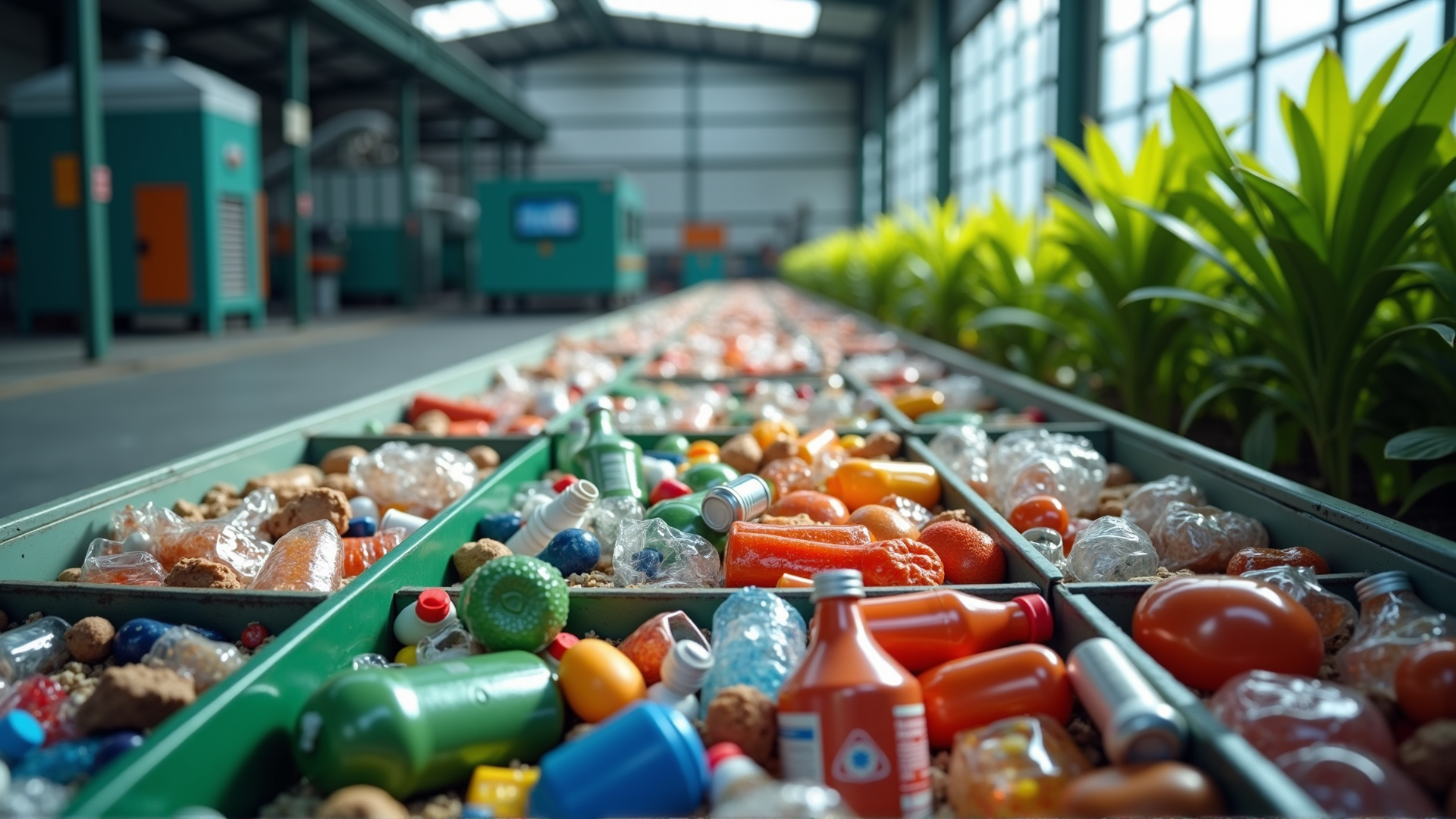Recycling Innovations: Turning Waste into Resources
- April 10, 2024

In recent years, the Philippines has witnessed remarkable advancements in recycling technologies and community-driven initiatives aimed at addressing the nation’s waste management challenges. These innovations are reshaping how waste is perceived, turning what was once considered refuse into valuable resources.
One noteworthy development is the rise of eco-bricks. These are building blocks composed of plastic bottles filled with non-biodegradable waste, offering a sustainable alternative to traditional construction materials. Communities across the country have embraced this concept, not only reducing plastic waste but also providing low-cost building solutions. Several local organizations conduct workshops, teaching citizens how to make eco-bricks, thus empowering them to contribute actively to environmental sustainability.
Another transformation in waste management comes from advancements in technology. Waste-to-energy plants are gaining traction, converting solid waste into renewable energy through processes like incineration and anaerobic digestion. These facilities not only reduce landfill usage but also provide a renewable source of power, helping to meet the growing energy needs of the country.
Moreover, the use of artificial intelligence (AI) in sorting facilities is revolutionizing recycling processes. Smart machinery, equipped with AI and machine learning, enhances the efficiency and accuracy of sorting recyclable materials from mixed waste. This ensures a higher rate of resource recovery while reducing contamination and manual labor, ultimately streamlining operations in recycling centers.
Community involvement remains a critical element of these recycling initiatives. Grassroots efforts, such as waste segregation programs, are being implemented in schools and neighborhoods. By educating the population on the importance of reducing, reusing, and recycling, these programs instill a culture of environmental consciousness from a young age. Local governments are also playing a pivotal role by supporting these initiatives and collaborating with private sectors to implement sustainable waste management policies.
Additionally, creative recycling pursuits are taking shape, transforming old textiles into fashion statements or up-cycling glass bottles into decorative home items. These innovative ventures not only reduce waste but also promote a culture of creativity and responsible consumption.
The synergy between cutting-edge technology and community participation is fostering a more sustainable environment in the Philippines. By redefining waste as a resource, these innovations are setting a precedent for a future where waste management systems are both environmentally responsible and economically viable. Through these efforts, the Philippines is not only addressing its own waste challenges but also serving as a model for sustainable practices in other regions around the world.
We have updated our Privacy Policy to reflect recent changes in data protection laws. Please review the changes to understand how we collect, use, and share your information. Read the full Privacy Policy